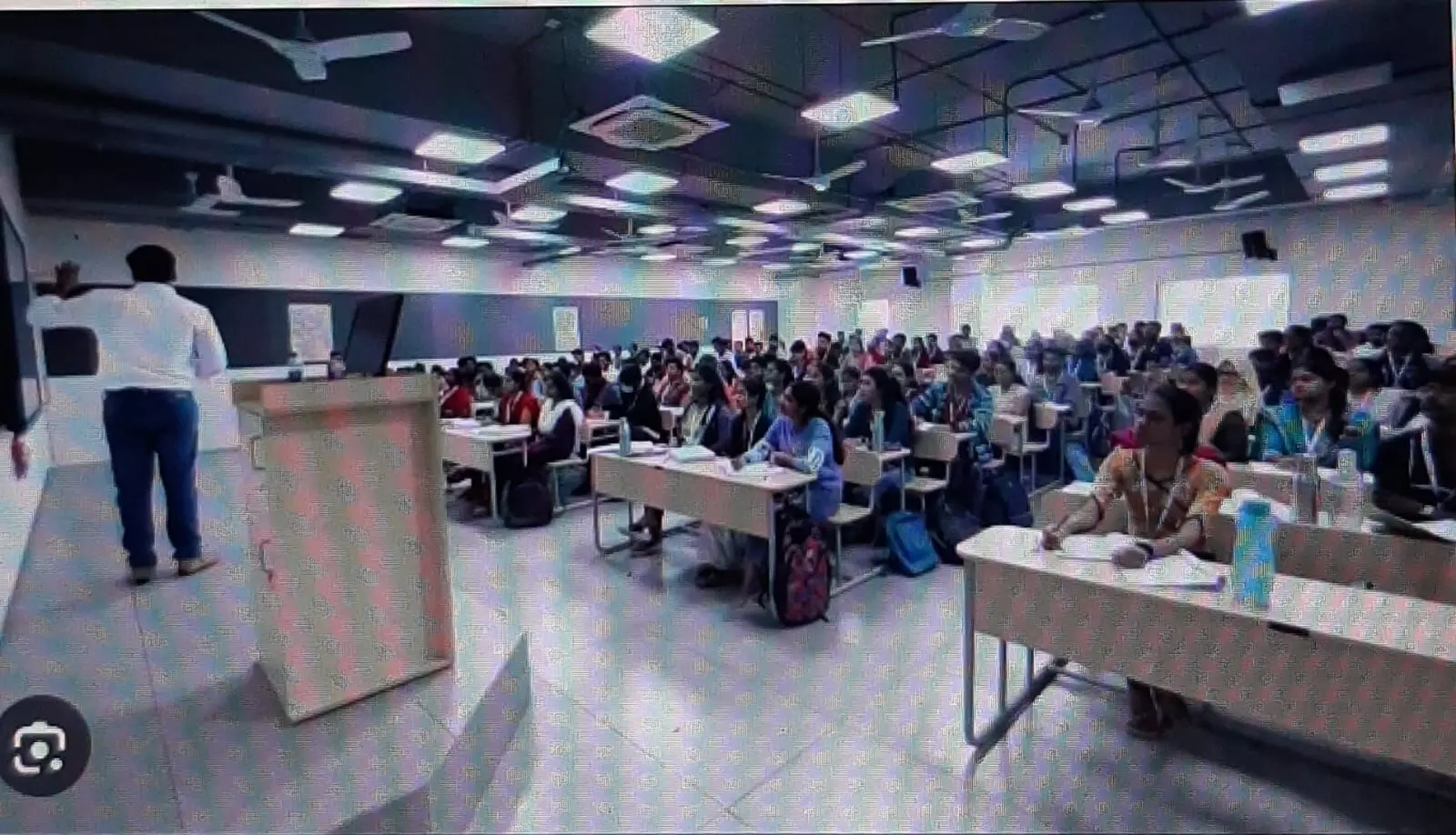Superficial Changes Fall Short: Transformative Reforms Needed for India’s Education System

We all understand that superficial changes cannot bring about meaningful improvements. Likewise, merely updating terminology does not alter reality, and partial, half-hearted implementation of incomplete recommendations achieves little. Consequently, the problem persists, often leading the next government to establish yet another education commission.
It is universally acknowledged that a nation's progress hinges on educating and effectively training its people. History shows that only those nations with advanced education systems have achieved strength and prosperity. Today, we stand in the age of technology and computing, and the future will be shaped by artificial intelligence. This demands urgent, thoughtful actions to prepare the country for this new era.
Conversely, if a country’s civilization is to be weakened, one of the swiftest ways to achieve this is by dismantling its education system and eroding its pride. This was precisely the approach taken by Macaulay in 1835, whose reforms served the interests of the East India Company and the British Empire by dismissing our heritage and knowledge as worthless. The repercussions of this shift in our education system are felt to this day.
Since independence, many reports and commissions have proposed reforms to improve the education system, yet successive governments have failed to sincerely implement any of their recommendations. Each commission’s report was heralded as transformative, with assurances that it would elevate educational standards to new heights. However, these efforts often amounted to little more than name changes and superficial rebranding, as we know well that such cosmetic changes cannot bring about meaningful reform. Merely updating terminology without substance does not alter reality, and partial, lukewarm implementation of incomplete recommendations fails to yield results. Consequently, the underlying issues persist, giving the next government grounds to establish yet another education commission.
The success of any program ultimately rests on the sincerity of its leaders. When genuine effort is applied, real change follows, but if intentions are insincere, even the most well-crafted policy will be ineffective. In today’s political landscape, superficial gestures may be necessary to some extent, but genuine action is essential to survival and progress. Before donning the suit of modern ideas, we must first secure the foundation of basic realities.
Any policy must be implemented with consideration of the nation’s unique challenges, priorities, and available resources. Blindly adopting the education models of developed countries can be detrimental, as our ground realities differ greatly. In our country, we witness both bullock carts on rural roads and the launch of Mangalyaan into space—a coexistence of five millennia of progress, from simple slingshots to advanced Rafale jets. For decades to come, education must be shaped by the needs of this entire spectrum, encompassing tradition and innovation alike. Simply focusing on computer science education is inadequate for a developing nation; rather, we need a comprehensive, need-based educational approach across all levels and disciplines.
Einstein aptly described the primary goal of education as "training individuals who think and work independently and consider service to society as the highest goal of life." Unfortunately, our current direction strays from this ideal. When leading institutions prioritize the starting salaries of their graduates over the substance of their work, it reveals a troubling shift in values. Today, educational institutions are often evaluated by the size of their campuses, the quality of their facilities, and the equipment they provide, rather than by the expertise and research contributions of their faculty or their impact on society.
Quality, accessibility, and availability in education are essential for revitalizing the economic, social, and political fabric of our nation, which has been neglected for centuries. It is crucial to set priorities aligned with available resources and to maximize the use of every facility. Equipping every department in every institution nationwide with full resources is neither feasible nor necessary. First, we must ensure that each resource is fully utilized, as usage itself justifies the need for availability.
In wealthier nations, even universities share resources to optimize their usage. Expensive facilities such as sports fields, auditoriums, and specialized equipment are commonly shared among institutions. For instance, in the early days of computing in the U.S., a single computer center was shared by multiple universities for years through the 'Remote Job Entry' system. Many prestigious institutions, whose students have won Nobel Prizes, operate without expansive campuses or grand facilities, emphasizing that dedicated teachers and talented students are what truly elevate education, not the appearance of the campus.
Until education becomes a top national priority and the entire system is strengthened, we will struggle to compete with advanced countries. Our path to becoming a fully developed nation by 2047, the centenary of our independence, relies on a robust educational foundation. Any neglect in this area will only lead to disappointment.
(Vijay Shankar Pandey is former Secretary of the Government of India, Prof. H.C. Pandey is Honorary Vice Chancellor, BITS, Mesra)

